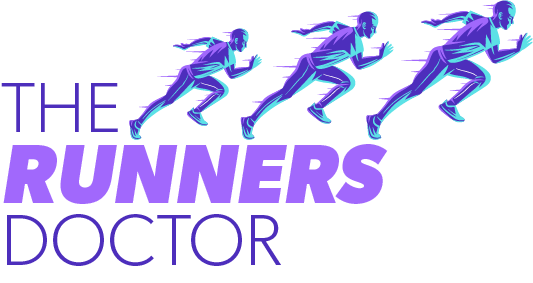As we enter into part three of our series, it’s pretty clear that we are big fans of running as a sport and exercise. Not only is it a great workout for your body, but it’s amazing for mental health. Whether you’re an amateur runner or elite cross country athlete, injuries can happen. The best way to prevent an injury is through proper training and recovery. We’ve explored how overtraining and form can increase the risk of injury to a runner, but what about structural imbalances?
Simply put, structural imbalances means many things. It may mean that you have one muscle group that is stronger than the other. Some runners may mention they have a ‘good leg’ and a ‘bad leg’ or, they experience pain in one leg as they run. That doesn’t mean one leg works and the other one doesn’t, but it can mean there are some weaknesses in that ‘bad leg’ that are more prone to injury or reinjury during the course of a training program. So, what can be done?
First, it’s important to take a look at your runner alongside a professional. At Advanced Sports Medicine and Physical Therapy, we perform an in-depth analysis of your gait, the manner in which you walk or run, to provide our patients a treatment plan to minimize pain and increase performance during the course of a training program. Second, we recommend incorporating a well-balanced strength program to increase power in a variety of muscle groups, which in turn will help improve your running performance and minimize the risk of injury. A balanced training regimen should include strength building, cardio, stretching and recovery days, not to mention a healthy diet and plenty of rest. Dr. Christine works closely with her patients to develop a smart program for each person’s specific training goals to help boost performance and decrease the risk of reinjury.
If you think you may have a structural imbalance that is impacting your training, and would like help with adjusting your training program, please contact Dr. Christine Foss to get started today. A physical evaluation for correcting form is just the first step in promising optimal performance during your training program. Call or text 973-616-4555 or schedule your appointment with Dr. Christine here.

